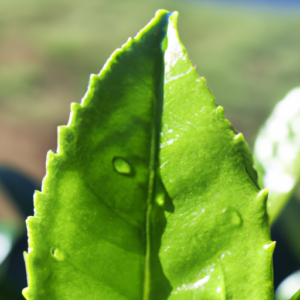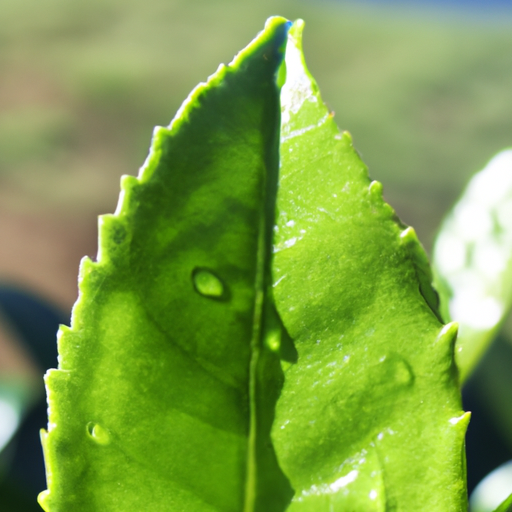Tea Tree Oil: The Holy Grail for Acne
Hey there, acne sufferers! I’ve got some great news for you. Have you heard about tea tree oil? It’s an essential oil that’s known for its antibacterial and anti-inflammatory properties.
Let me tell you why tea tree oil is worth trying for your acne. First of all, it can help reduce the appearance of pimples and inflammation. Since acne is caused by bacteria, tea tree oil can kill those pesky germs that contribute to breakouts. Plus, it’s a natural alternative to harsher chemicals that may dry out or irritate your skin.
So, if you’re looking for a natural solution to acne, tea tree oil might just be your new best friend.
Understanding Acne
So, first things first, acne is a pain. Trust me, I know. But did you know that there are different types of acne? It’s not just one size fits all. Some are small and annoying, while others can be deep and painful. Knowing what type you have is key to treating it effectively.
Now let’s talk about why we get acne in the first place. There are a few different factors that contribute. Diet, hormones, and genetics are just a few. It’s important to remember that everyone’s skin is different and what works for one person may not work for another.

If you’re looking for a natural way to treat acne, tea tree oil is worth a try. There are different ways to apply it, such as adding it to moisturizer or using it as a spot treatment. But be careful, as it can be drying to the skin and may not be suitable for those with sensitive skin.
Before trying any new acne treatment, it’s important to do your research and consult with a dermatologist if you have any concerns. But if you’re interested in learning about more at-home remedies for acne, check out Brightside Beauty for some expert advice.
Let’s Get Tea Tree-o For Our Acne!
First things first, when it comes to tea tree oil for acne, you need to make sure you’re using 100% pure tea tree oil. Mixing it with other oils might reduce its potency, so always double-check the ingredients list.
There are many ways to use tea tree oil for acne, and it all depends on how severe your acne is. For mild cases, you can try diluting a few drops of tea tree oil with water and applying it as a toner using a cotton ball. Alternatively, you can mix the tea tree oil with a carrier oil like coconut oil and gently massage it into your skin.
For more moderate to severe acne, you can add a few drops of tea tree oil to your favorite cleanser or moisturizer. This will not only help fight off acne-causing bacteria but also soothe irritated skin.
One thing to keep in mind while using tea tree oil for acne is that it can be quite strong and irritating. You might want to start with a small patch test on your skin to see how it reacts. If you experience redness, itching, or any other discomfort, discontinue use immediately.
And lastly, always remember to be patient. Tea tree oil for acne is not a miracle cure, and it might take a few weeks to see any noticeable results. But with consistent and careful use, it can definitely help improve the look and feel of your skin.
Conclusion: Tea Tree Oil – My Go-To for Acne
As someone who has struggled with acne for years, finding a solution that actually works has been a journey. That’s why I am excited to share with you that tea tree oil has been a game-changer in my skincare routine. Not only is it natural and affordable, but it also has a myriad of benefits for acne-prone skin.
Using tea tree oil for acne has been proven to be effective in treating various types of acne, from whiteheads to cystic acne. It works by reducing inflammation, killing acne-causing bacteria and regulating sebum production.
There are different ways to apply tea tree oil to your skin, such as adding it to your moisturizer, using it in a face mask or applying it directly to a pimple. However, it’s important to keep in mind that tea tree oil is highly concentrated, so it should be used in moderation and diluted with a carrier oil like coconut or jojoba oil.
While tea tree oil is generally safe to use, there are a few possible side effects to be aware of, such as skin irritation and dryness. It’s always recommended to patch test before using it on your face and to discontinue use if you experience any adverse reactions.
In conclusion, tea tree oil is a fantastic natural remedy for acne-prone skin. Not only does it have anti-inflammatory and antibacterial properties, but its versatility also makes it a great addition to any skincare routine. If you’re looking for a natural solution for your acne, I highly recommend giving tea tree oil a try!
